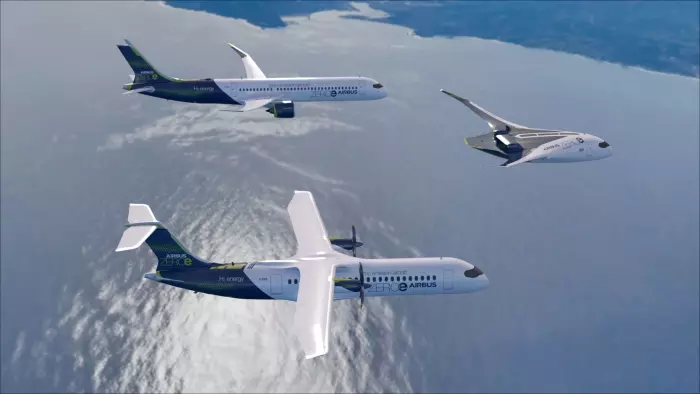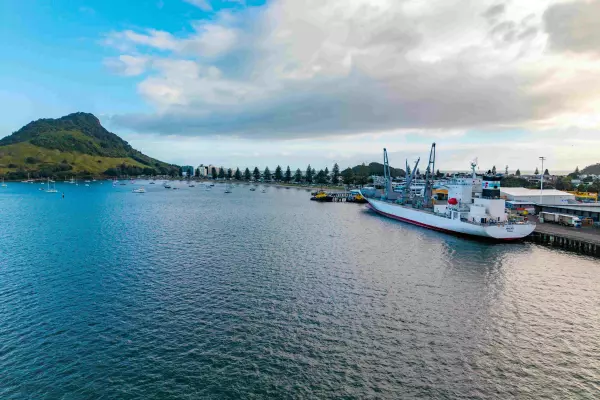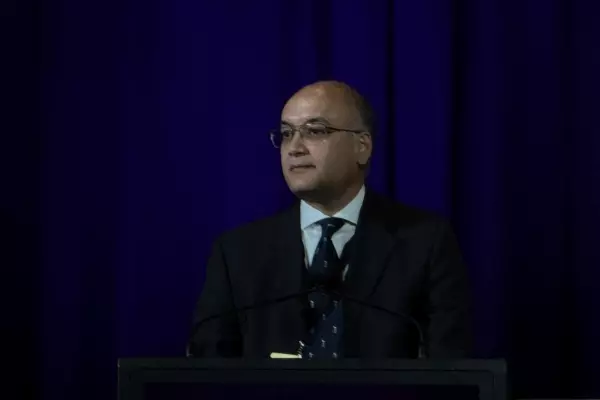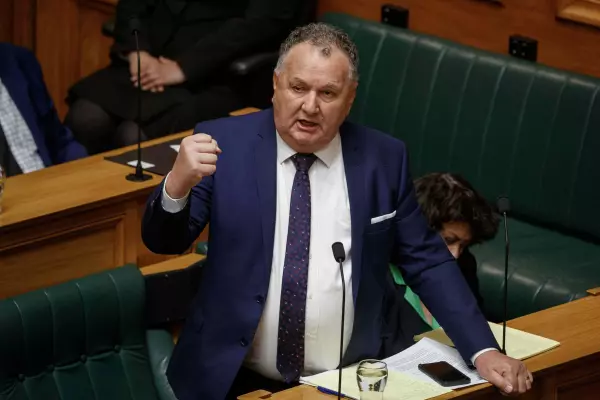Air New Zealand and aircraft manufacturer Airbus have teamed up to look at how hydrogen-powered aircraft could be part of its fleet by 2030.
The two organisations have signed a memorandum of understanding to cooperate on a joint research project to better understand the opportunities and challenges of flying zero-emission hydrogen aircraft in NZ.
Air NZ will analyse the impact hydrogen aircraft may have on its network, operations and infrastructure, while Airbus will provide hydrogen aircraft performance requirements and ground operations characteristics.
“New Zealand has a unique opportunity to be a world leader in the adoption of zero emissions aircraft,” Air NZ chief executive Greg Foran said.
“This agreement brings us a step closer seeing low carbon solutions in place for our shorter domestic and regional flights in the next decade.”
According to Foran, both hydrogen and battery electric aircraft are still on the table as potential options for shorter domestic flights, along with sustainable aviation fuel for long-haul operations.
“This research will help to inform future decision making as we work towards net zero emissions by 2050,” he said.
Airbus Asia-Pacific president Anand Stanley said the company chose to work with Air NZ because of its commitment to sustainability, reputation for technical excellence and alignment with the manufacturer’s own decarbonisation goals.
“The joint study will enable us to gain invaluable feedback on what airlines will expect and their preferences in terms of configuration and performance,” he said.
Airbus is currently looking at three concepts for hydrogen-powered aircraft, including a turboprop, turbofan and blended wing option.














